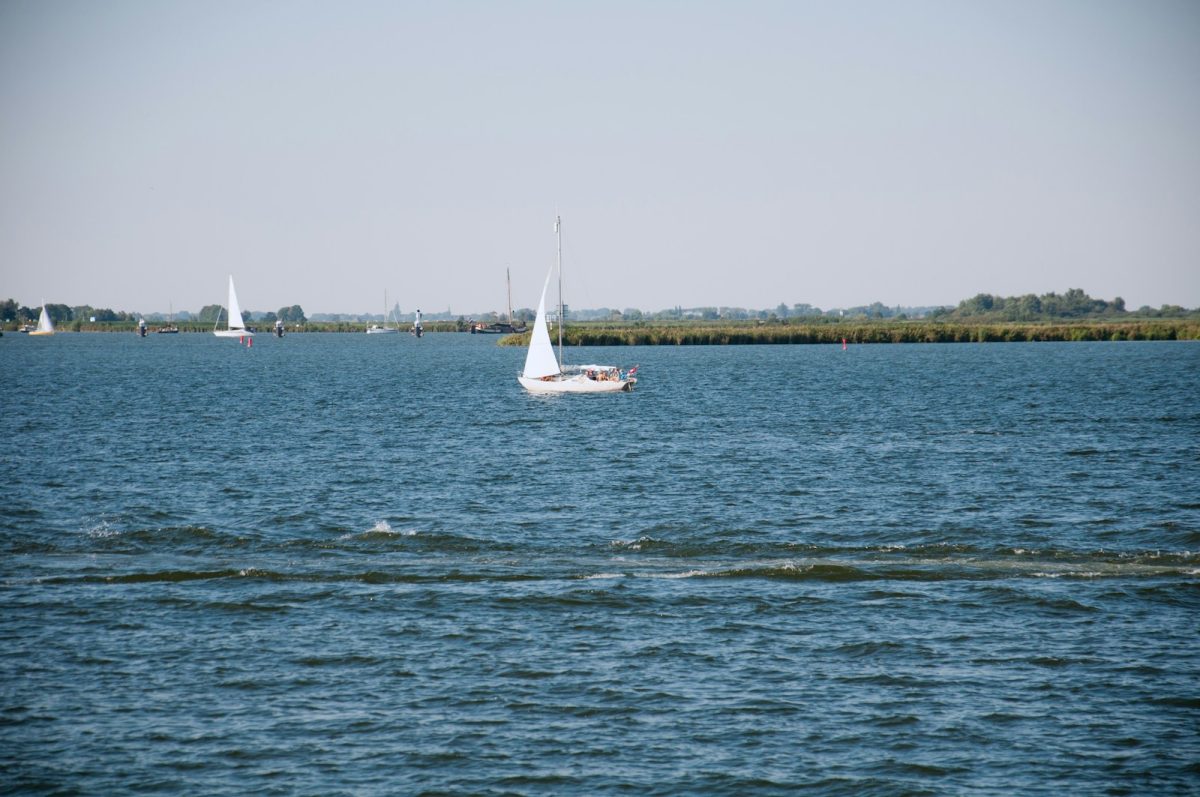The Key To Discovering Alien Life Could Be Sound Waves
Sound Waves are the key to finding other life.
A UK scientist has provided new insight into the way everyday sounds would be warped and alien to the human ear on different planets. A professor of ultrasonics and underwater acoustics at the University of Southampton in the U.K, Timothy G. Leighton designed a software program that predicts how human voices might change on distant planets. What’s more, Leighton also proposed a method whereby soundwaves could be used to discover alien life near Earth.
Leighton, who is set to present his findings at the 184th Meeting of the Acoustical Society of America, running from May 8 to 12, drew data from NASA’s Mars Perseverance rover to reach his findings.
“For decades, we have sent cameras to other planets in our solar system and learned a great deal from them. However, we never really heard what another planet sounded like until the very recent Mars Perseverance mission,” Leighton said in a statement, his research shows how planets’ atmospheres alter sound speed and absorption. Mars, for example, has a thin, carbon-rich atmosphere that absorbs more sound than Earth’s. This means that distant noises appear fainter than they do on Earth.
The University of Southampton professor argued that we are only just beginning to tap into the potential of acoustic sensors for space exploration. They could even be used to help search for alien life, he said.
Jupiter’s icy moon, Europa, has been targeted by scientists who believe it might harbor alien life in a massive ocean beneath its icy exterior. However, the logistics of peering beneath the ice are incredibly complex.
“The idea of sending a probe on a seven-year trip through space, then drilling or melting to the seabed, poses mind-boggling challenges in finance and technology,” Leighton said. “The ocean on Europa is 100 times deeper than Earth’s Arctic Ocean, and the ice cap is roughly 1,000 times thicker. However, instead of sending a physical probe, we could let sound waves travel to the seabed and back and do our exploring for us.”
RELATED STORIES:
https://www.scientificamerican.com/article/the-search-for-extraterrestrial-life-as-we-dont-know-it/
https://www.bbc.com/future/article/20221101-should-extraterrestrial-life-be-granted-sentient-rights
TAKE ACTION:











